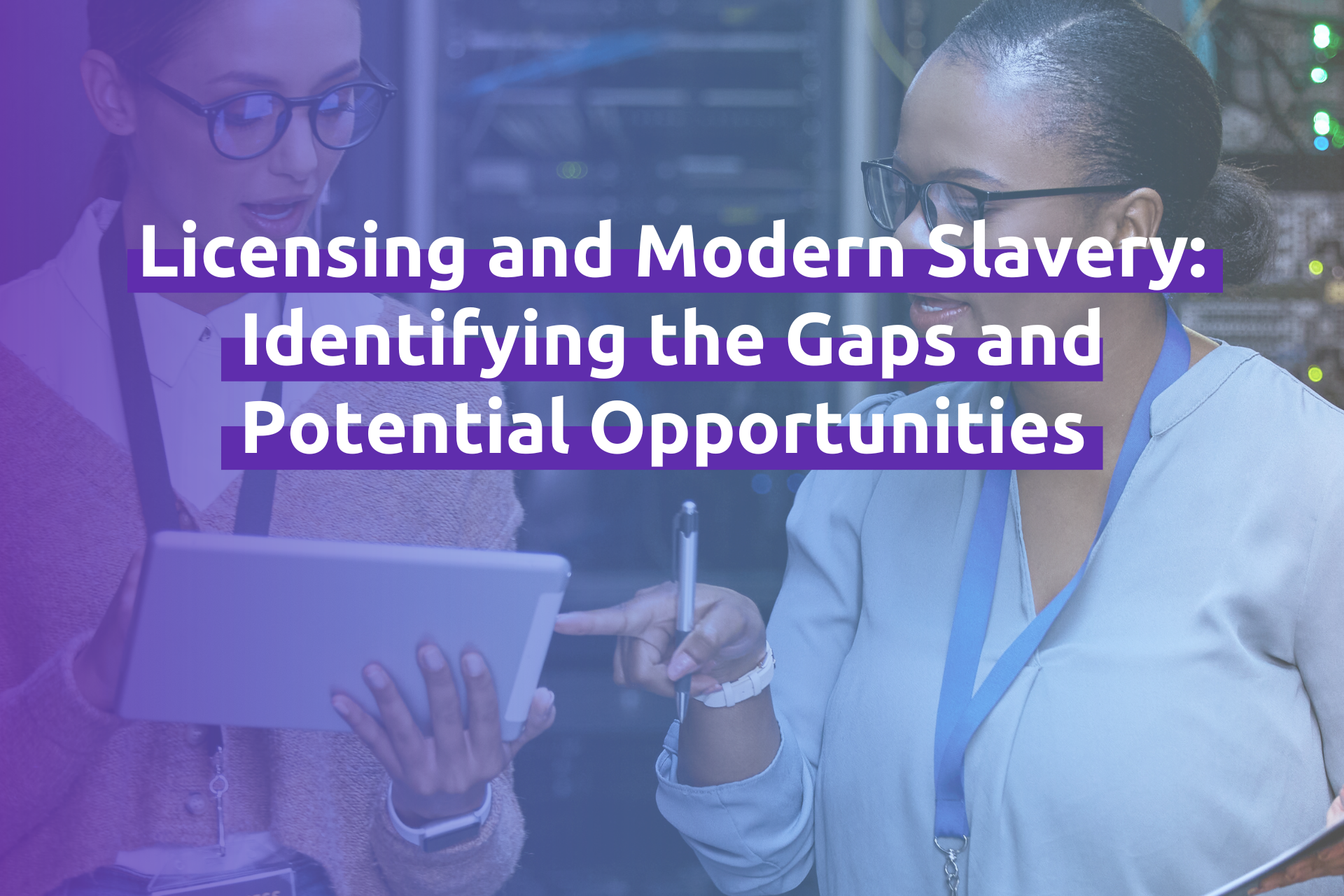
The number of people identified as victims of modern slavery has been rising year on year in the UK, with over 16,000 people referred to the authorities in 2022. However, this number is likely to represent just the tip of the iceberg with estimates suggesting that only around 10% of victims are identified and provided with support. Modern slavery is estimated to contribute to a staggering economic cost of £33 billion per year, with labour exploitation being the most common form of modern slavery in the UK affecting adults.
While high-profile cases, such as the recent allegations of labour exploitation in a Care Home in Wales and Leicester’s garment factories, have indeed brought attention to this critical issue, significant barriers persist. One enduring challenge is underreporting, which is unsurprising considering the financial pressures facing local authorities. Against this challenging backdrop, in the 2021/2022 period the GLAA impressively conducted a total of 258 inspections. However, considering there are approximately 1.4 million private sector businesses with employees, the need to further support the efforts of enforcement agencies, like the GLAA, to investigate labour market offences is clear.
It is also worth noting that the UK government started a consultation in July 2019 on the creation of a Single Enforcement Body (SEB) for employment rights. In response to this consultation the GLAA voiced its support for the SEB concept, recognising its potential to enhance efforts in combating labour exploitation. In parallel, it also supported an extension of the licensing regime to ‘other sectors where there are demonstrable benefits to doing so‘, having shown through their own work that licensing can serve as a proactive prevention tool and reduce the need for investigations. While the government initially acknowledged the benefits, planning to establish a SEB and setting up a trial in Leicester, the challenges and intricacies of the project on the national scale have become a barrier to its development. The government has since started reviewing plans for the SEB, emphasising the importance of maintaining a pragmatic approach considering the constraints imposed by limited parliamentary time.
Nevertheless, there are opportunities to tackle modern slavery today, through the power of existing licensing frameworks and teams. This involves integrating modern slavery awareness and prevention into existing licensing legal frameworks enforced by 333 local authorities. This approach would enable the incorporation of anti-slavery efforts into ongoing policies and activities.
In 2021, the Home Office funded a project lead by Shiva Foundation into this area, exploring how existing licensing officers and frameworks remain an untapped resource in the fight against modern slavery. Our report will be launched on 18th October titled ‘Understanding the Potential of Licensing Frameworks and Teams to Tackle Modern Slavery Across the UK’ and will be divided into three sections:
- Strengthening National Licensing Guidance: This section explores ways to enhance national licensing guidance to prevent modern slavery across the UK and offers recommendations for the national government.
- Updating Local Licensing Policies: Section 2 delves into how local councils can update their licensing policies to directly address modern slavery and provides recommendations for local council leadership.
- Building Awareness and Capacity: The third section emphasises the importance of raising awareness among licensed businesses and building the internal capacity of local licensing teams to effectively address modern slavery in their daily operations. It offers suggested activities for local licensing enforcement teams.
The issue of modern slavery in the UK is ongoing, with a pressing need to address underreporting and improve enforcement. Fortunately, the broadening scope of licensing provides a promising pathway to confront this pervasive issue. The untapped resource of licensing officers and existing frameworks at the local level presents an opportunity to integrate modern slavery prevention efforts into everyday practices and routine procedures. However, to achieve this, it is imperative that both national and local authorities work collaboratively.
By Gabriella Jiménez


